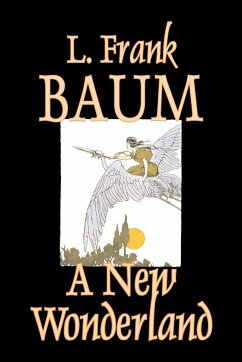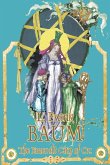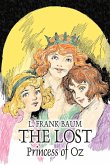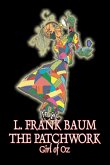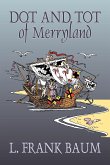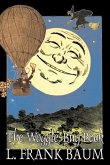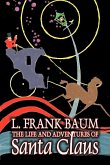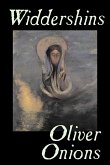It is the nature of children to scorn realities, which crowd into their lives all too quickly with advancing years. Childhood is the time for fables, for dreams, for joy. These stories are not true; they could not be true and be so marvelous. No one is expected to believe them; they were meant to excite laughter and to gladden the heart. Perhaps some of those big, grown-up people will poke fun of us -- at you for reading these nonsense tales of the Magical Monarch and at me for writing them. Never mind. Many of the big folk are still children -- even as you and I. We cannot measure a child by a standard of size or age. The big folk who are children will be our comrades; the others we need not consider at all, for they are self-exiled from our domain. - L. Frank Baum June, 1903

